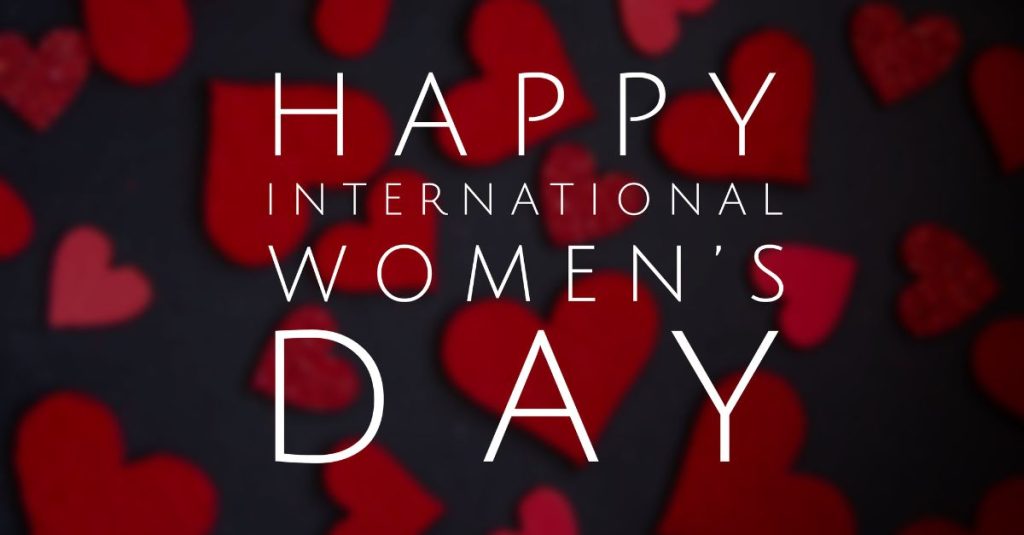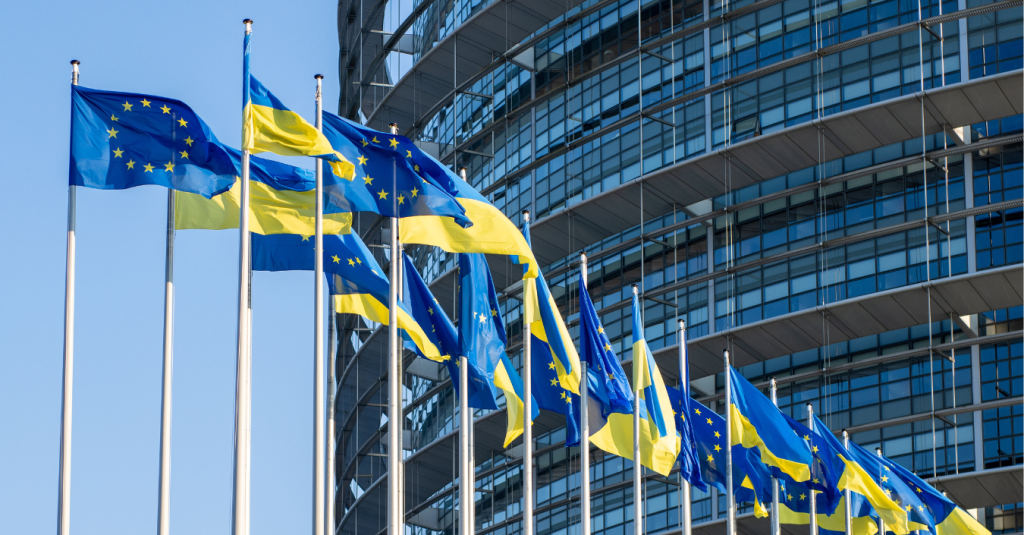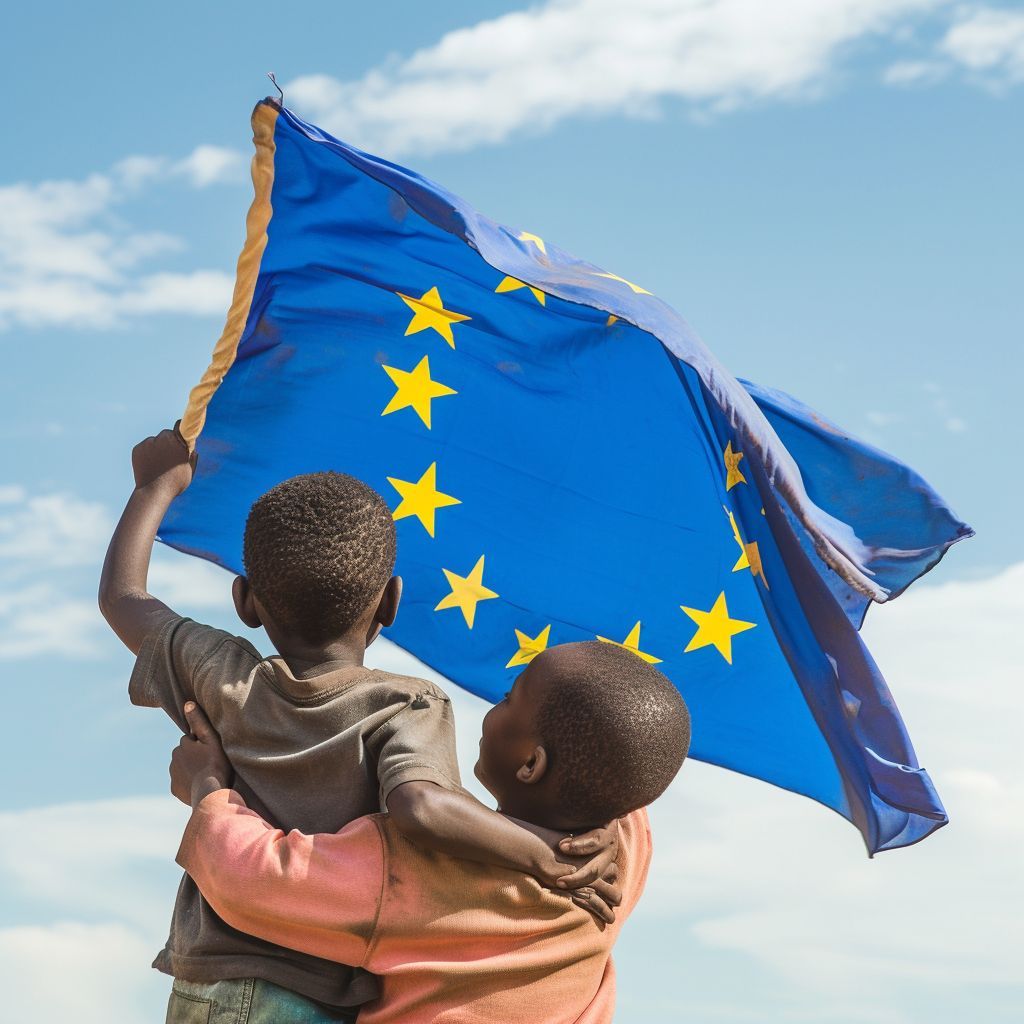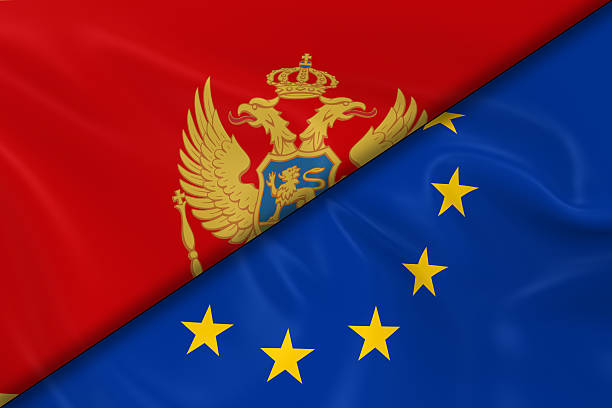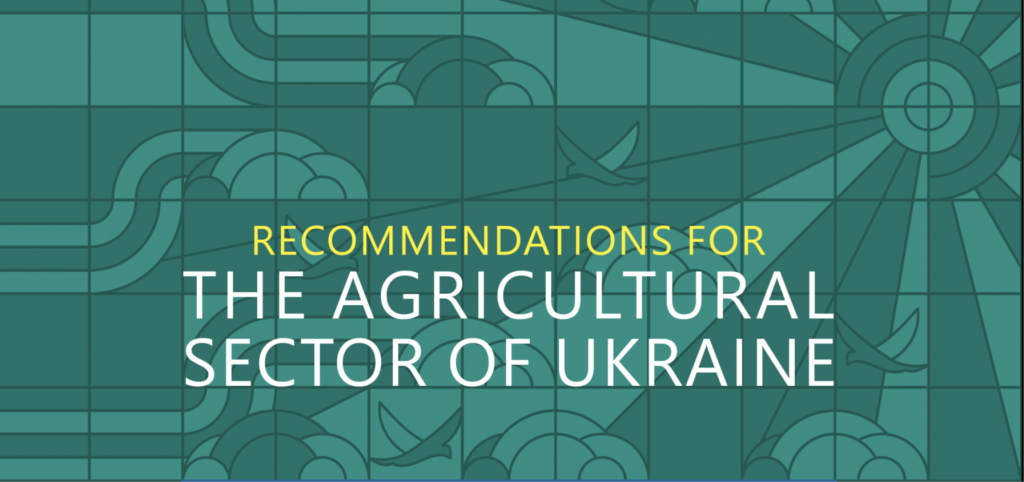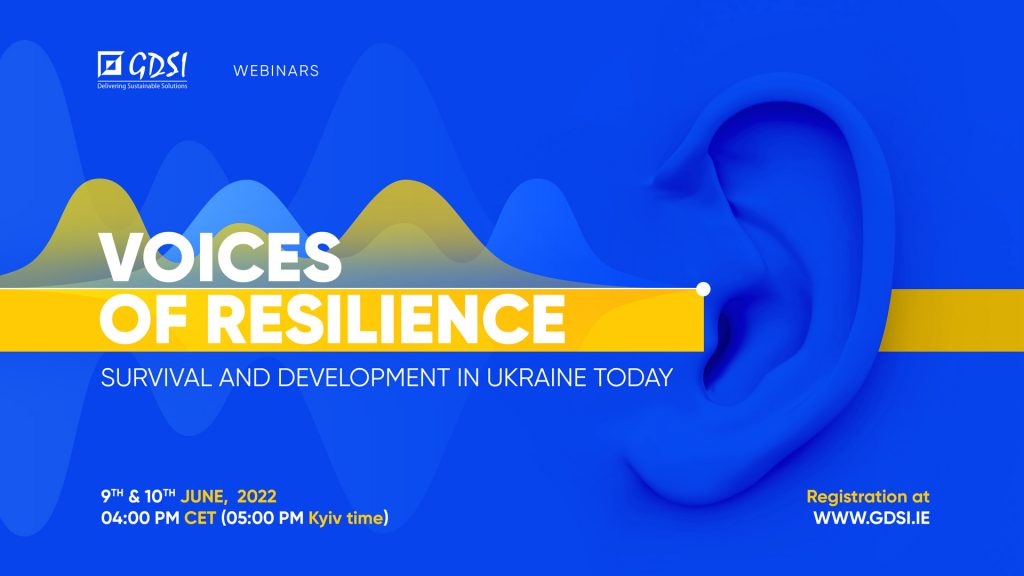Empowering Grassroots: How the EU’s FSTP initiative is transforming Civil Society
The EU actively supports the growth of vibrant democracies by encouraging civil society organisations (CSOs) to represent the interests of citizens. EU support was once seen as cumbersome and bureaucratic, suitable only for the largest CSOs. The EU’s Financial Support to Third Parties (FSTP) was developed as a way to reach smaller, local civil society organisations […]
Empowering Grassroots: How the EU’s FSTP initiative is transforming Civil Society Read More »



